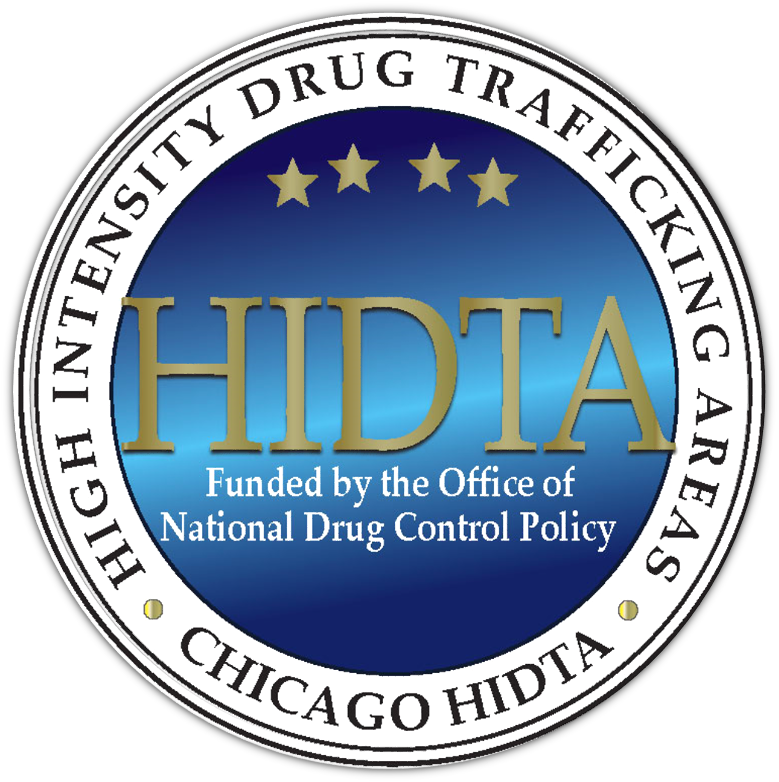Demand Reduction & Prevention
While the HIDTA program is principally a market disruption effort, Chicago HIDTA recognizes that law enforcement alone is not a solution to the region’s drug abuse problems. By reducing the demand for drugs, lives can be spared the misery of drug abuse and communities can be strengthened.
Why Demand Reduction Matters
Demand Reduction efforts include Prevention, Treatment and Recovery programs sponsored by governmental and non-profit organizations locally and nationally. Preventing drug use before it begins is a cost-effective, common-sense approach to promoting safe and healthy communities.
- Reduces the number of individuals harmed by substance use and overdose.
- Supports youth, families, and communities with evidence-based prevention and education.
- Strengthens collaboration between public safety, public health, and community partners.
Key Demand Reduction Initiatives
Student Heroin & Drug Prevention Program
Chicago HIDTA has collaborated with Candor Health Education (formerly Robert Crown Center) on a Heroin and Drug Prevention Program for students. Using the Science Behind the Drugs platform, students learn about the hazards of abusing prescription and illicit drugs.

Overdose Response Strategy (ORS)
Chicago HIDTA participates in the Overdose Response Strategy, a partnership between HIDTAs and the Centers for Disease Control and Prevention. ORS links public safety and public health to address the nationwide overdose epidemic through data sharing and coordinated response.

Prevention Resources
Vaping Dangers
Educational material highlighting the risks associated with vaping, nicotine addiction, and youth-targeted marketing.
Download PDF →The Truth About Electronic Cigarettes
A companion resource explaining the health impacts of electronic cigarettes and clarifying common myths.
Download Fact Sheet →Partner with Chicago HIDTA
Chicago HIDTA works with schools, community organizations, treatment providers, and public health agencies to support evidence-based demand reduction efforts. To discuss partnership opportunities or request materials, contact our office.
Contact Us